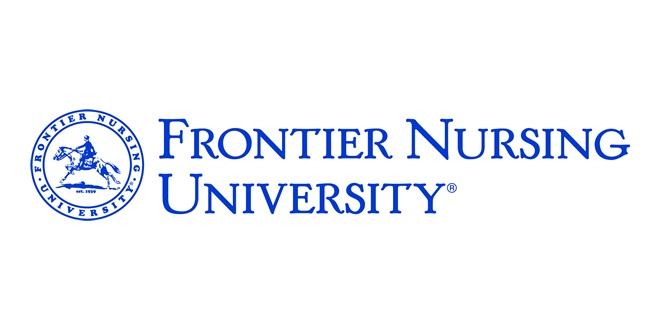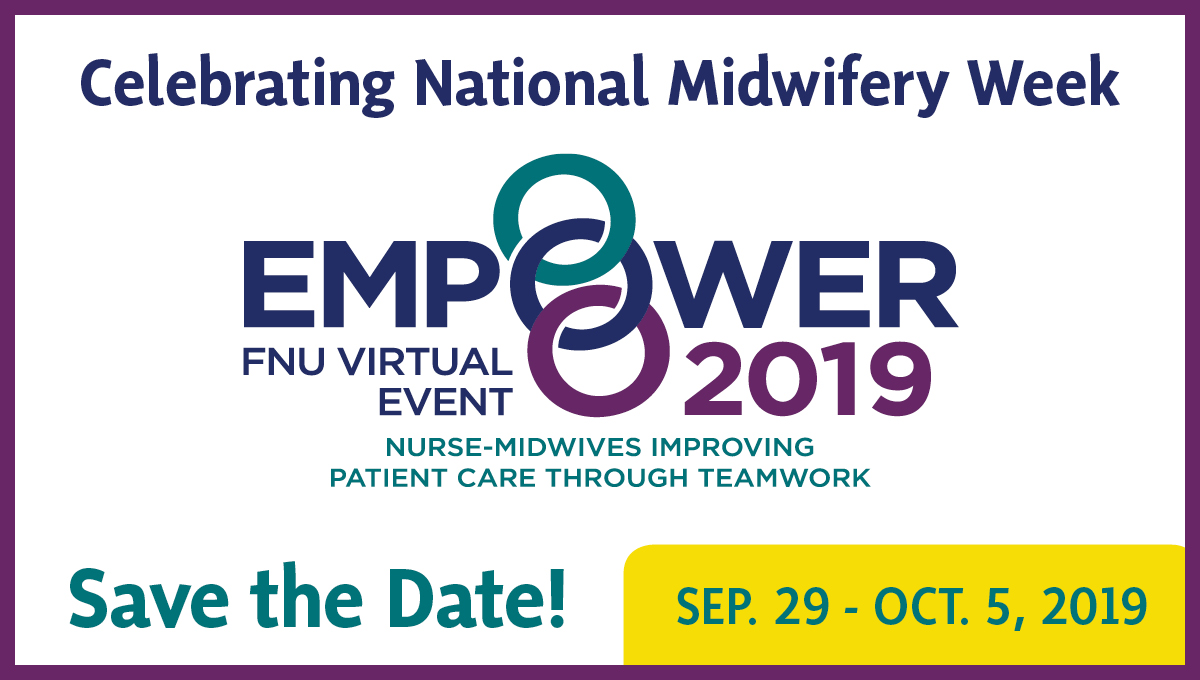Versailles, Ky. — Frontier Nursing University (FNU) President Brooke A. Flinders, DNP, RN, APRN-CNM, FACNM, was recently named a recipient of Insight Into Academia magazine’s 2026 Trailblazer in Higher Education Award. This national honor recognizes senior leaders whose bold, strategic innovations have advanced institutional excellence, strengthened community and connectedness, and created meaningful, measurable impact for students, employees, and the broader academic system.
“I am honored and humbled to receive the Trailblazer Award,” Dr. Flinders said. “This recognition reflects my dedication to advancing Frontier’s longstanding legacy of innovation and progress as we prepare our graduates to meet the evolving needs of the communities in which they practice.”
Since beginning her presidency on August 1, 2024, Dr. Flinders has demonstrated a transformational yet servant‑leader approach that is already shaping a stronger future for Frontier Nursing University. Her vision, passion, integrity, and unwavering commitment to the success of students, faculty, and staff distinguish her as a true trailblazer in higher education.
In her first 90 days, Dr. Flinders scheduled opportunities to meet with every employee to foster open dialogue and strengthen organizational alignment. She subsequently launched a nationwide listening tour, engaging directly with students, faculty, staff, preceptors, alumni, and clinical partners across the country. The tour spanned more than 10,000 miles and included visits to 17 alumni‑staffed or owned practice settings.
Dr. Flinders’ first year culminated in the unveiling of FNU’s new strategic plan during her September 2025 investiture. “The crossroads between higher education and healthcare are different today than they have ever been,” Dr. Flinders said. “We will continue to face our own unique challenges, and we will navigate them in new and innovative ways.”
In less than two years as President, Dr. Flinders has advanced innovative strategies to expand access, strengthen academic excellence, promote student success, and address national workforce needs, particularly in rural and underserved communities. Her compassionate, mission‑driven leadership has elevated FNU’s impact and empowered the entire FNU community to thrive, solidifying her influence as a leader shaping the future of graduate nursing education.
“We had great confidence when we selected Dr. Flinders as our new president in 2024, but she has vastly exceeded all expectations,” said FNU Board Chair Marcus Osborne. “She is a natural, visionary leader who never loses sight of the goal and the steps that must be taken to get there. She is a team‑builder who embraces and values the input of students, alumni, faculty, staff, and board members to ensure we all share the same vision for the university.”
“We believe the future of higher education depends on leaders who are willing to challenge convention and embrace bold, impactful innovation,” said Lenore Pearlstein, owner and publisher of Insight Into Academia magazine. “The 2026 Trailblazer honorees represent the highest levels of strategic leadership in the field, and we are proud to celebrate their extraordinary accomplishments.”
Dr. Flinders will be featured alongside 17 other distinguished honorees in the March 2026 issue of Insight Into Academia. For more information about the Trailblazer in Higher Education Award, visit insightintoacademia.com.
Dr. Flinders holds a Master of Science in Nursing and a Doctor of Nursing Practice degree from Frontier, as well as an Associate Degree of Science in Nursing and a Bachelor of Science in Nursing from Miami University (Ohio). Read her full biography here.



 Even before the start of the COVID-19 Pandemic, it was well-known that the U.S. was facing a health care provider shortage. This trend was verified in a June 2020 report by the Association of American Medical Colleges^, which estimated the U.S. faces a potential physician shortage of 37,800 to 124,000 by 2034.
Even before the start of the COVID-19 Pandemic, it was well-known that the U.S. was facing a health care provider shortage. This trend was verified in a June 2020 report by the Association of American Medical Colleges^, which estimated the U.S. faces a potential physician shortage of 37,800 to 124,000 by 2034. 
 Hyden, KY --
Hyden, KY -- 